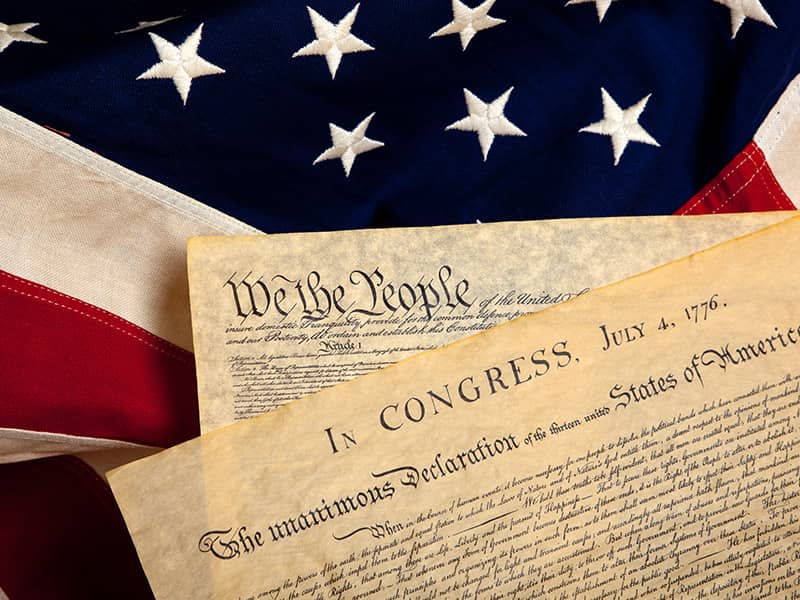Bill Clinton and Al Gore, with their Southern Baptist backgrounds, were fluent in the language of religion, though not always in its personal application. Who can forget Easter Sunday 1996, when President Clinton emerged from church flashing a Bible for the cameras and later returning to the White House, where Monica Lewinsky got down on her knees to perform an act that did not resemble prayer?
Clinton and Gore often quoted what they said were verses of Scripture, which turned out to be incorrect and/or misapplied. And now Howard Dean will rush in where political angels have feared to tread and try to advance the theological ball down the field to see if he can score votes for his candidacy.
In an interview with the Boston Globe on Dec. 25, Dean announced that he is a "committed believer in Jesus Christ." He told writer Sarah Schweitzer that he plans to include references to Jesus and God in his speeches as he campaigns down South. That's the land of Confederate battle flags and pickup trucks Dean so recently disparaged. In the Globe interview, he said Southerners understand religious talk better than his fellow New Englanders. Yes, that "vast Unitarian wasteland of the Northeast," as Charles Colson has jokingly called it, is the latest target of Dean's regional stereotyping.
Dean is from a Congregationalist background, a liberal denomination that does not believe in ministerial authority or church hierarchy. Each Congregationalist believes he is in direct contact with God and is entitled to sort out truth for himself. Dean's wife is Jewish and his two children are being raised Jewish, which is strange at best, considering the two faiths take a distinctly different view of Jesus.
What exactly does Dean believe about Jesus, and how is it relevant to his presidential candidacy? "Christ was someone who sought out people who were disenfranchised," he told the Globe, "people who were left behind." Dean makes it sound as if He might have been a Democrat. "He fought against self-righteousness of people who had everything," the candidate continued. "He was a person who set an extraordinary example that has lasted 2,000 years, which is pretty inspiring when you think about it."
C.S. Lewis brilliantly dealt with this watered-down view of Jesus and what he did in the book "Mere Christianity." Said Lewis, who thought about such things at a far deeper level than Howard Dean, "I'm trying here to prevent anyone from saying the really foolish thing that people often say about Him: `I'm ready to accept Jesus as a great moral teacher, but I can't accept His claim to be God.
' That is the one thing we must not say. A man who was merely a man and said the sort of things Jesus said would not be a great moral teacher. He would either be a lunatic - on a level with the man who says he is a poached egg - or else he would be the Devil of Hell. You must make your choice. Either this man was, and is, the Son of God - or else a madman or something worse."One hopes that the next journalist who gets a chance to ask Dean about this will inquire as to which Jesus he is talking about, if for no other reason than to gauge whether Dean is being sincere or a political opportunist who seeks to bamboozle Southern religious Democrats. That reporter might also survey Christians in New England (there are more than Dean thinks) as to whether they are as offended by his reference to their region as Southerners were to his characterization of their symbols and driving choices.
I can't wait to see how Dean panders to Californians. Fruits and nuts, anyone?

